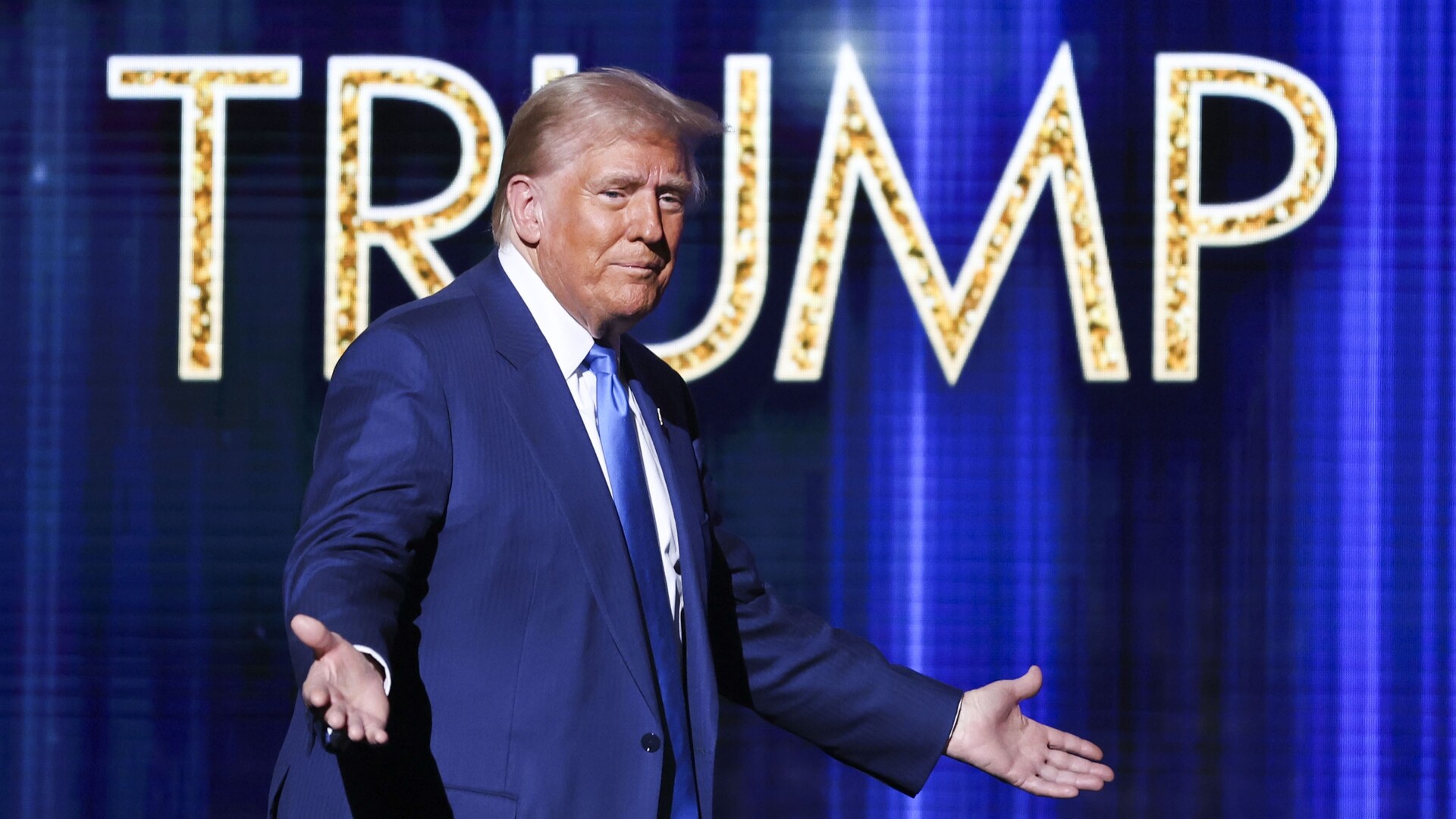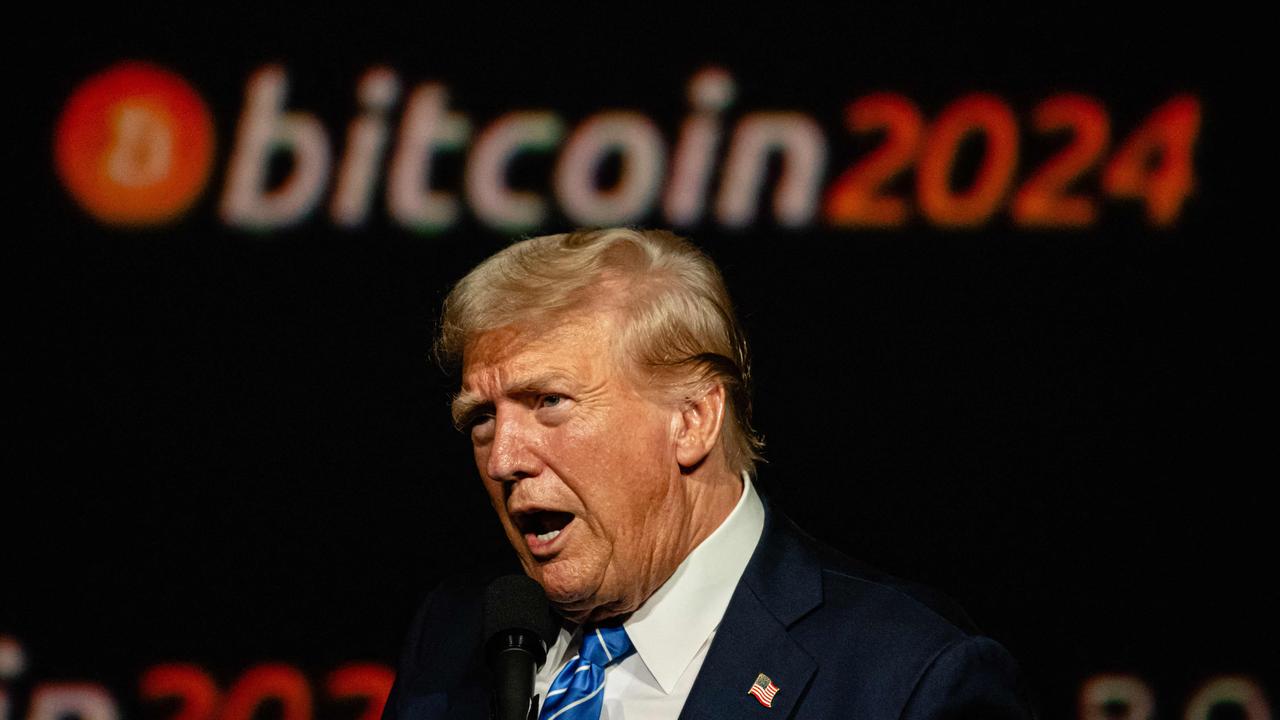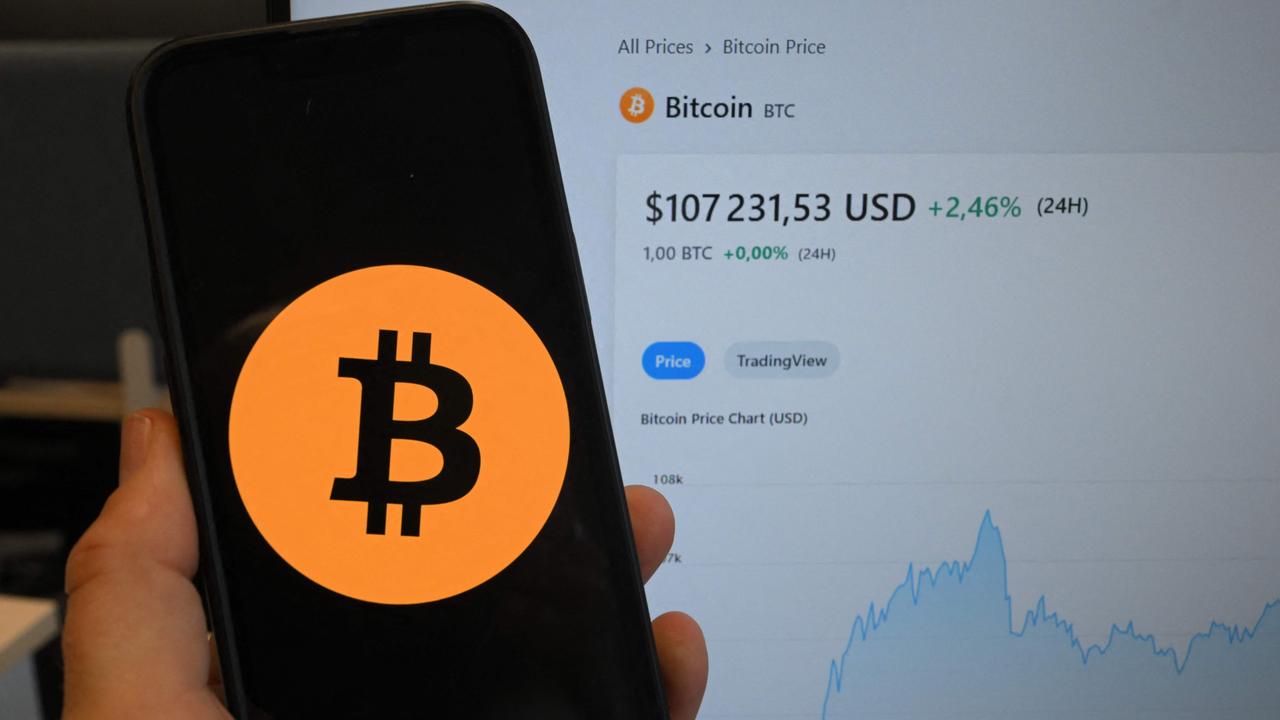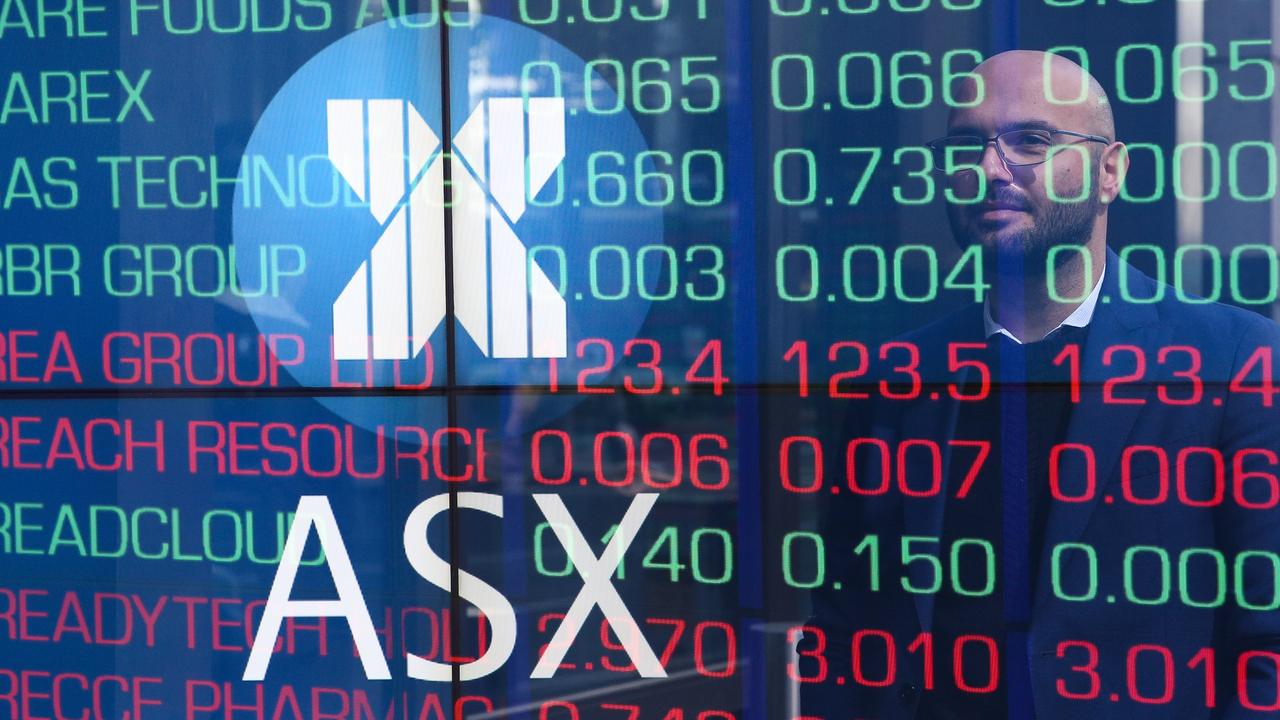China moves to tighten domestic control over bitcoin as Donald Trump appoints bitcoin fan to SEC
The approaching second Donald Trump presidency is widening a schism between the world’s two largest economies over the role of bitcoin as China bans private ownership and the US encourages it.

Business
Don't miss out on the headlines from Business. Followed categories will be added to My News.
The advent of a Trump presidency is accelerating a divergence on digital currencies between the world’s two largest economies, even as it gives the sector a major boost.
While president-elect Donald Trump’s promise to make the US the “crypto capital of the planet” has seen the price of bitcoin surge to more than $US100,000 recently, on the expectation of much friendlier policies from his administration, China is banning private ownership of bitcoin while pursuing an aggressive state-backed digital currency strategy.
The contrasting in policies on digital currencies between the world’s two largest economies has intensified in recent weeks with Mr Trump’s nomination of crypto supporter Paul Atkins as chair of the Securities and Exchange Commission and the proposed appointment of former PayPal executive David Sacks to a new role as a cryptocurrency and AI “tsar”.
Mr Atkins, a former SEC commissioner known for his pro-crypto stance, is slated to succeed current SEC chair Gary Gensler, who has taken a tough approach to regulation of the sector, including legal action against major players such as Ripple and Coinbase.
At the same time, China is stepping up its controls to further consolidate its 2017 ban on its citizens using cryptocurrencies.
In late December China’s State Administration of Foreign Exchange (SAFE) issued new rules requiring banks to report any risky financial activity by customers, including trades in cryptocurrencies.
The moves are aimed at cracking down on illegal transfer of funds out of the country for purposes including cross border gambling, and designed to make it even harder for Chinese citizens to use cryptocurrencies.
“The new rules will provide another legal basis for punishing cryptocurrency trading,” said Shanghai-based lawyer Liu Zhengyao, from law firm ZhiHeng.
“It can be foreseen that mainland China’s regulatory attitude towards cryptocurrencies will continue to tighten in future.”

Brisbane-based cryptocurrency expert Liam Hennessy, Adjunct Professor of Law at Griffith University, told The Australian that the latest moves by Chinese regulatory authorities were part of a “dual-track approach to blockchain and cryptocurrencies” which sought to ban private use of cryptocurrencies but to promote government-backed use of blockchain technology, particularly the use of a digital currency.
“Cryptocurrency trading and mining are banned to prevent capital flight, curb speculation and protect financial stability,” he said.
“At the same time there is strong state support of blockchain technology as a core innovation driver.”
He said the Chinese government was backing “an aggressive rollout of the digital yuan – a central bank digital currency – to modernise payment systems and bolster monetary control.”
He said China saw the evolution of the digital yuan as a way to expand the global use of its currency as well as creating a substitute for cash.
China’s central bank, the People’s Bank of China (PBOC), has been working with leading tech platforms such as Alipay and WeChat Pay to develop the digital yuan as an option in the growing Chinese digital payment system.
Digital currency is now used in China for retail transactions, public transport and payments to public servants in major cities such as the capital Beijing.
It was used as one of the official payment methods in the Winter Olympics in Beijing in 2022 and has recently expanded into Hong Kong following a move by the Hong Kong Monetary Authority to allow it to be used in local shops.
Mr Hennessy said the digital yuan was “gradually gaining traction” with payment volumes showing a steady increase, reaching some $US250bn in transactions by mid-2023.

The PBOC is also working on Project M-Bridge, a collaboration with the Bank for International Settlements (BIS) and other central banks including those in the United Arab Emirates and Saudi Arabia to set standards for cross-border payments using government backed digital currencies.
Mr Hennessy said there were major differences between China’s digital yuan and the privately owned cryptocurrencies such as bitcoin.
“While bitcoin operates on a decentralised, open source ledger, the digital yuan is managed by the PBOC on a centralised ledger with closed source code.
“The PBOC controls all vendors and selectively releases transaction data.”
While bitcoin allows privacy through the use of pseudonyms for transactions, the digital yuan requires the use of personal identifiers which are directly linked to their transactions.
Mr Hennessy said the new rules requiring banks in China to monitor cross-border transactions involving cryptocurrencies were “another brick in China’s dual strategy.”
But he said China’s pursuit of its digital yuan strategy was a part of the global move towards the use of digital assets that would be accelerated by the Trump administration.
“China is part of that shift. (But) its focus is on leveraging blockchain technology and encouraging the use of the digital yuan, while discouraging private uses,” he said.
While other countries have been looking at the idea of creating official digital currencies like the digital yuan, known as CBDCs or central bank digital currencies, support for the idea in Western countries has been cautious.

The Times reported from London last week that officials at the Bank of England had “grown sceptical” about the merits of the digital pound, dubbed “Britcoin”.
The bank and the British government have been discussing whether to go ahead this year with a formal work program on the creation of a digital pound, potentially launched by 2030.
But The Times reported that the project had been “thrown into doubt” by concerns over user privacy, the cost of creating the technology and concerns over the central bank having access to people’s finances.
The European Central Bank has also indicated that it is reviewing whether to go ahead with a digital euro, with a decision expected by the end of the year.
In the US, the House of Representatives has passed an act banning the US Treasury from launching a digital dollar without explicit authorisation from the US Congress.
But the digital world is watching the policies of the incoming Trump administration on private digital assets.
Players are watching to see whether the new SEC chief will seek to drop a lengthy legal battle against payment protocol company Ripple Labs.
The SEC had alleged that Ripple violated federal securities laws by selling cryptocurrency XRP as an unregistered security, seeking fines and penalties of some $US2bn against the company.
Mr Trump has also declared that the US should have its own “strategic reserve” of bitcoin, but just how this would work in practice is not clear.

Enthusiasm for Mr Trump’s pro-cryptocurrency policies saw bitcoin’s price, which was just over $US54,000 in September this year, jump to more than $US100,000 in December.
It fell back to around $US92,000 on fears that the market had got ahead of itself in a post-Trump election fever, but has since increased to more than $US98,000.
The Trump administration is expected to pave the way for more pro-cryptocurrency policies in the developed world, including Australia.
“It’s a fascinating time, as the sovereign competition to support blockchain technology is heating up,” Mr Hennessy said.
He said Britain was “looking to lead in tokenising assets – essentially representing an asset like gold or a share as a digital token to facilitate trading”.
“In Australia, Treasurer Jim Chalmers has said digital assets have a role in modernising and innovating within the financial system,” he said.
Originally published as China moves to tighten domestic control over bitcoin as Donald Trump appoints bitcoin fan to SEC









